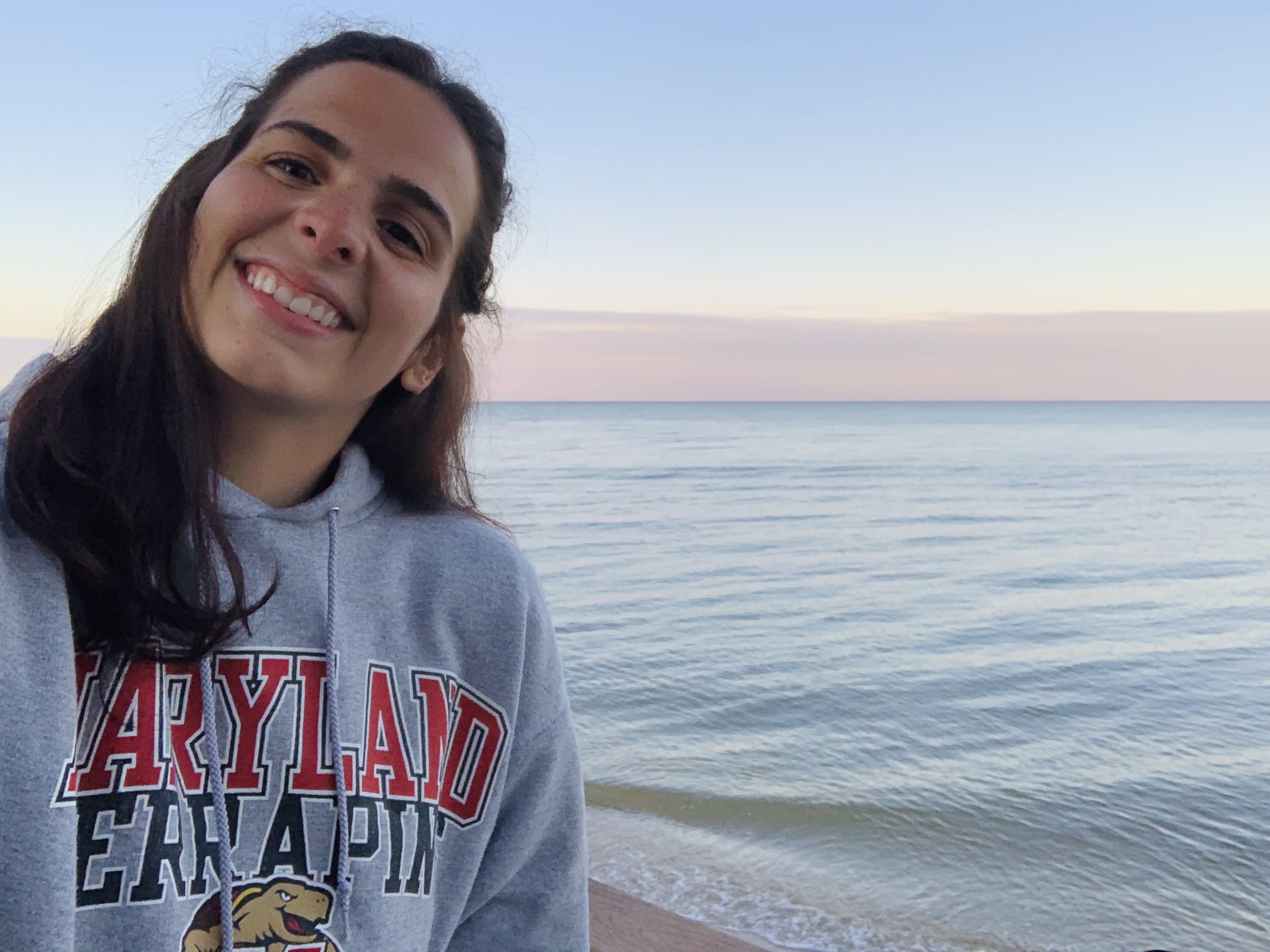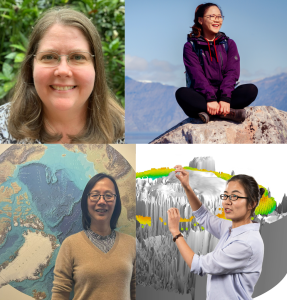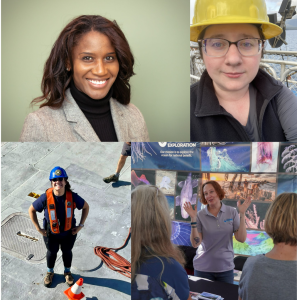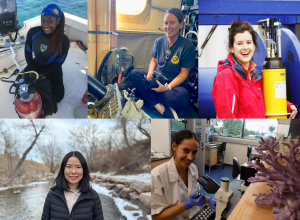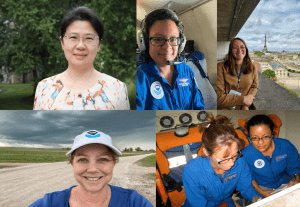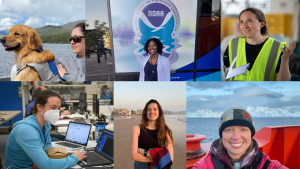Andrea Miralles-Barboza works in NOAA’s Climate Program Office, under the Climate and Societal Interactions Division. She is a Knauss Fellow focusing on international climate adaptation.
What drew you to your current career or field?
So I call myself a “social climate scientist,” which is kind of a really broad term. What it means to me is that I have social science training (in anthropology) and I have always been really interested in studying the relationship between humans and the environment, specifically in marine and coastal climate-related contexts. So my work combines those two fields.
And I would say I have both personal and professional reasons I am in this field.
Personally, I have always lived in places where the intersection of water/climate and people was really strong, which includes Massachusetts, Florida, Venezuela and Maryland. Having mostly grown up in Miami, a hub of Latin American immigration and a place deeply shaped by water, I think I naturally became really interested in what it means to be “resilient” in the face of really complicated social-environmental issues like climate change.
Professionally, I think my interest in this field came from a class I took in my undergraduate studies, where we learned about climate change-induced migration in the Pacific. Our learning went beyond how climate change impacts these places and the predicted impacts according to climate models; I was able to learn about the culture and history of people in these climate-vulnerable places, and the importance of centering and incorporating traditional and place-based knowledge when shaping good climate adaptation practices.
Overall, I think I ended up here to try to support people in defining what good climate adaptation and resilience means to them, and putting that into action.
What challenges have you faced as a woman in your career/field, or in general, and how have you overcome them?
I think like many women in STEM, but especially as an early-career social scientist in the world of climate, I have faced the challenge of having to constantly validate my existence, my thoughts and my work in lots of spaces. While social sciences have definitely become more popular in climate circles, I think it’s still pretty common to step into interdisciplinary teams where people assume you are “just good with people,” without realizing that social science includes a broad range of disciplines, each with their own methods and rigor. I think social science often has to prove its worth, and as a woman advocating for it, your voice is not always the loudest in the room. Personally I have found my strength when it comes to this particular challenge by finding community. I think you need those soundboards and you need mentors who have been through similar situations to be able to make room for yourself in these spaces.
What gives you hope, either with regard to science, your field in NOAA, or in general?
I think many people who do climate work know that you need to look for sources of hope in your work, otherwise it can feel very overwhelming! What gives me hope is what seems like a really big federal push not just to address the climate crisis, but to do it in a way that acknowledges that not everyone experiences climate change in the same way; and that we not only need to understand that but we also need to actually address this imbalance. At NOAA I am also really hopeful about what seems to be growing support for social sciences throughout the agency. I think these are two really big positive steps for our climate future.
How can women make a difference by working in STEM fields, especially with regard to climate change?
I think women in STEM fields, particularly those related to climate, can make a difference by challenging the status quo of how climate work is actually done. Especially when it comes to climate adaptation. Climate change contributions, impacts and services are not all created equally. Some people will have contributed really little to climate change while having to live through the first and worst of those impacts (with limited resources to respond). This fact is really important to think about because globally women are one of the most vulnerable groups to the impacts of climate. (A good resource for this topic is this U.N. Fact Sheet: Women and Climate Change).
So, I think we can make a big difference when it comes to adaptation because I believe we have the unique drive to uplift the concerns, priorities and voices of those disproportionately impacted by climate change. The lens of equity, and of empowering and amplifying those most impacted, is one I hope we can all bring to this field of climate change in our own way.
